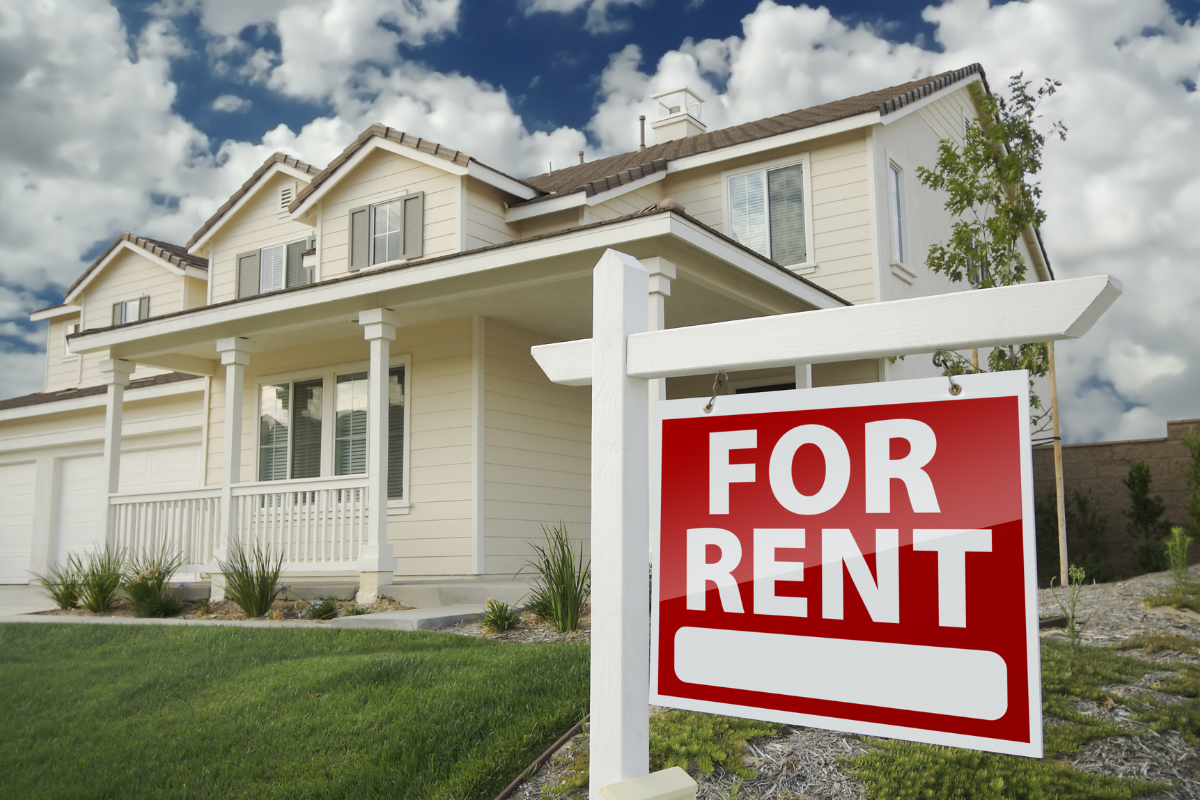Leasing Restrictions

One of the most common questions HOA and condominium boards get from their owners is, “What can we do about the rentals?” In many cases, the occupancy of homes by renters can be limited or prohibited altogether by an amendment to the declaration or, in more limited circumstances, by a rule adopted by the Board. However, boards must consider all the relevant information before adopting a leasing restriction to ensure that it adequately meets the needs of their community.
The reasons owners often want to limit or restrict leasing in a community vary. Still, it generally comes down to a feeling that renters are not as considerate neighbors and do not take care of their property as well as owner-occupants. Depending on the community, sometimes these feelings are well-founded, and sometimes the fear of renters can be somewhat overwrought. This is especially true in today’s market, where high interest rates and higher home prices have locked many considerate and conscientious people out of home ownership.
Those same market forces have raised rents, especially in popular markets, like Columbus, and made corporate or investor ownership of properties more attractive. As a result, there has been an increase in the overall number of rental properties. Additionally, the advent of services like Airbnb and VRBO has introduced short-term leasing to become more prevalent — a situation not contemplated by many governing documents.
An important consideration in any decision to establish a leasing restriction or modify an existing restriction is the effect this may have on financing options for owners and potential purchasers. In a condominium, many lenders and mortgage insurers — such as HUD, Fannie Mae, and Freddie Mac — will only provide financing if the project is primarily owner-occupied. Some lenders will generally not provide financing if a community prohibits the leasing of units entirely or imposes certain other restrictions on leasing.
Both HOAs and condominiums can enforce leasing restrictions as long as they are reasonable and consistent with Ohio law and the community’s governing documents. In most cases, adopting or changing a leasing restriction will require an amendment to the declaration. This usually requires approval from 75% of the owners.
In some circumstances, however, the association board may have the authority to restrict leasing by adopting a rule or amending the documents with a board-only vote if it is necessary to meet lending requirements. Amendments can also be crafted specifically to prohibit short-term leasing of units or lots.
If your association has questions or concerns about the status of leasing in your community or believes that you may need to adopt a leasing restriction or modify existing restrictions to confront new challenges, including short-term leasing, contact one of the attorneys at Williams & Strohm, LLC at 614-228-0207 to speak about your options.

Brad Terman
Mr. Terman has been practicing since 2008 with experience in many areas of law including civil litigation, creditors’ rights, landlord/tenant, and community association law. Mr. Terman has extensive experience in bankruptcy and collection matters, and enforcement matters related to community associations. Read Brad Terman's full bio.
